Pregnancy is a deeply personal experience, and for many women, the first signs come long before any pregnancy test shows a positive result. Whether you’re actively trying to conceive, or you just have a feeling that something is different, there are ways to recognize pregnancy without taking a test.
While medical confirmation through a urine or blood test remains the most reliable method, your body often starts giving you signals that you might be pregnant even before a missed period. In this article, we’ll explore how to detect pregnancy based on natural cues, early signs, physical sensations, and emotional shifts—offering a full picture of how pregnancy may manifest without a test.
🌟 Understanding Early Pregnancy Without a Test
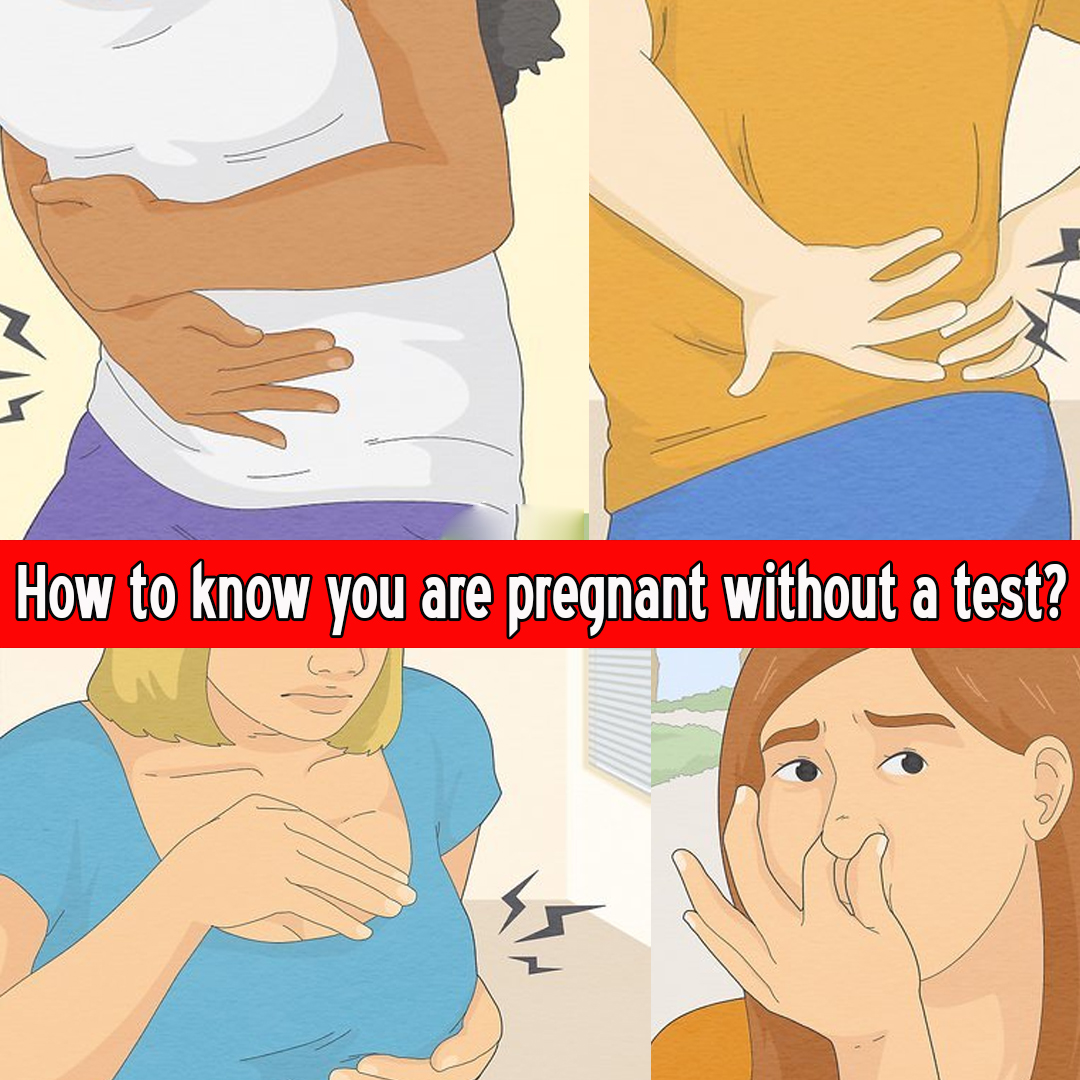
How to know you are pregnant without a test?
Pregnancy begins at conception, but most women don’t notice any changes for at least a week or two afterward. During this time, your body is working hard to prepare for the baby—sending out subtle signals that something major is happening.
The tricky part is that many early pregnancy symptoms mimic PMS or other hormonal changes, making it difficult to tell what’s really going on. That’s why this guide focuses on multiple systems—physical, emotional, hormonal, and even intuitive signs—to help you notice patterns rather than isolated symptoms.
🩸 1. Changes in Your Menstrual Cycle
Your menstrual cycle is usually one of the first things to reflect pregnancy.
a. Missed Period
This is the classic sign. If your period is usually regular and you’ve missed it, pregnancy is a possibility—even without a test.
b. Implantation Bleeding
Some women notice light spotting 6–12 days after ovulation. It may be pink or brown and lasts a day or two—often confused with a light period.
c. Shorter or Lighter Period
Instead of skipping a period, some women experience a much lighter flow that doesn’t feel normal for them.
Take note: If you’re tracking your cycle and see something unusual, especially in timing or intensity, it could be an early pregnancy clue.
🤢 2. Changes in Digestion and Appetite
Your digestive system reacts quickly to hormonal changes. Some subtle yet telling signs include:
a. Nausea (With or Without Vomiting)
The queasy feeling known as morning sickness can begin as early as week 2 or 3, often before a missed period. You might feel nauseous:
-
In the morning
-
When you smell strong odors
-
After eating certain foods
b. Food Aversions or Cravings
Suddenly hating the smell or taste of your favorite food? Or craving ice, pickles, or sour candies? These early shifts in appetite can be caused by elevated hormones like hCG and progesterone.
c. Increased Hunger
Feeling hungrier than usual, especially at night or in between meals, might signal early pregnancy.
d. Bloating and Gas
Slower digestion can lead to uncomfortable bloating—even if you haven’t eaten more.
e. Constipation
Many women experience early constipation due to progesterone’s relaxing effect on intestinal muscles.
😴 3. Unusual Fatigue
Feeling more tired than usual—even after a full night’s sleep—is one of the earliest signs of pregnancy. This is due to:
-
Rising progesterone levels
-
Increased blood production
-
The body working hard to support early development
You may notice:
-
Wanting to nap during the day
-
Feeling exhausted by small tasks
-
Falling asleep earlier than usual
💧 4. Increased Urination
Even before the uterus expands, hormonal shifts cause increased blood flow to the kidneys, making you pee more often. You may notice:
-
Waking up at night to urinate
-
Going more frequently during the day
-
Feeling like your bladder is never empty
This starts as early as 1–2 weeks after conception, well before a missed period.
💓 5. Changes in Breasts and Nipples
Hormones like estrogen and progesterone cause changes in breast tissue early in pregnancy. Look out for:
a. Soreness or Tenderness
Your breasts may feel fuller, heavier, or unusually sensitive.
b. Tingling Sensation
A pins-and-needles feeling or subtle throbbing may occur in early pregnancy.
c. Darkening Areolas
The area around the nipples may darken and grow in diameter, often accompanied by visible bumps (Montgomery’s tubercles).
d. Visible Veins
Increased blood flow may make your veins more prominent under the skin.
🌡️ 6. Basal Body Temperature (BBT)
If you’ve been tracking your basal body temperature, you may notice it remains elevated for more than 18 days post-ovulation. This is a strong indicator of pregnancy.
How it works:
-
BBT rises after ovulation due to progesterone.
-
If pregnancy doesn’t occur, BBT drops before your period.
-
If it stays high, it may mean conception has occurred.
🧠 7. Mood Changes and Emotional Sensitivity
Your brain is highly sensitive to hormonal changes, especially in early pregnancy.
You might experience:
-
Sudden mood swings
-
Increased anxiety or weepiness
-
Feeling emotionally detached
-
Strong intuition that something is different
These feelings may seem irrational or out of place—but they’re often linked to early hormonal changes.
🌬️ 8. Breathlessness or Dizziness
Early in pregnancy, your body is adjusting blood pressure and increasing oxygen demands.
You may experience:
-
Feeling winded after light activity
-
Dizziness or lightheadedness when standing
-
Shallow breathing
Note: These symptoms can also be caused by low blood sugar or anemia, so consider the full picture.
👃 9. Heightened Sense of Smell
Many women report becoming sensitive to scents they never noticed before. This can include:
-
Food aromas
-
Perfume or cologne
-
Cleaning products
-
Body odor
It may even cause nausea, especially in crowded spaces or kitchens.
🛏️ 10. Sleep Disruptions
Despite feeling tired, many pregnant women find it difficult to get restful sleep. This can include:
-
Waking up frequently
-
Vivid or unusual dreams
-
Feeling restless at night
Some of this is due to hormonal shifts and emotional restlessness in early pregnancy.
💥 11. Mild Cramping or Pelvic Pressure
As your uterus begins to prepare for implantation and growth, you might notice:
-
Mild twinges or pulling sensations
-
Light cramps without bleeding
-
A heavy or “full” feeling in the pelvic area
This is very different from period cramps, but subtle enough to go unnoticed unless you’re paying attention.
🧂 12. Strange Sensory Shifts
Pregnancy can affect your entire sensory system. Look out for:
-
Metallic taste in your mouth
-
Dry mouth or excessive thirst
-
Increased saliva production
-
Sensitivity to touch or temperature
🧬 13. Unusual Physical Symptoms
In addition to the more common signs, early pregnancy may cause:
a. Acne or Skin Changes
-
New breakouts or glowing skin
b. Itchy skin
-
Especially around the belly, breasts, or thighs
c. Mild swelling in hands or feet
-
Water retention due to hormone shifts
d. Backaches
-
From early changes in posture and loosening of ligaments
🧘 14. Gut Instinct and Intuition
Many women say they “just knew” they were pregnant before they confirmed it. This can manifest as:
-
An unexplained calm or sense of peace
-
Sudden aversion to alcohol or cigarettes
-
Desire to avoid risky activities
-
An intuitive sense of “something changing”
Trusting your gut feeling, especially when paired with other physical signs, can be powerful.
📝 Putting the Clues Together: A Symptom Checklist
If you suspect you may be pregnant, try keeping a daily journal. Here’s a quick checklist to monitor:
| Symptom | Yes/No | Notes |
|---|---|---|
| Missed or light period | ||
| Morning or mild nausea | ||
| Fatigue or drowsiness | ||
| Frequent urination | ||
| Breast changes | ||
| Mood swings or emotions | ||
| Dizziness or headaches | ||
| Unusual food cravings | ||
| Bloating or constipation | ||
| Changes in smell or taste |
If you’ve checked off several symptoms from multiple categories, there’s a strong chance you could be pregnant.
🔬 When Should You Take a Test or See a Doctor?
While it’s possible to suspect pregnancy without a test, medical confirmation is always best.
You should consider taking a test if:
-
You’re at least 1–2 days past your expected period
-
You’ve had unprotected sex in the past month
-
You notice consistent symptoms over 7–10 days
See a doctor if:
-
You’ve had a missed period and repeated negative tests
-
You experience bleeding, cramping, or severe pain
-
You want to begin prenatal care or confirm pregnancy through a blood test
🤔 Final Thoughts – How to Know You Are Pregnant Without a Test
Can you know you’re pregnant without taking a test? Yes—if you know what to look for. Early pregnancy is like a puzzle, and each sign is a piece. Some are loud and obvious, like fatigue or nausea, while others are quiet—like a shift in mood or sense of smell.
By listening closely to your body, tracking changes, and noticing patterns, you can spot pregnancy in its earliest stages—even before a test confirms it.
However, it’s important to remember that every woman’s body is unique. If you suspect you might be pregnant, taking a test or seeing a healthcare provider will always offer the clearest answer.

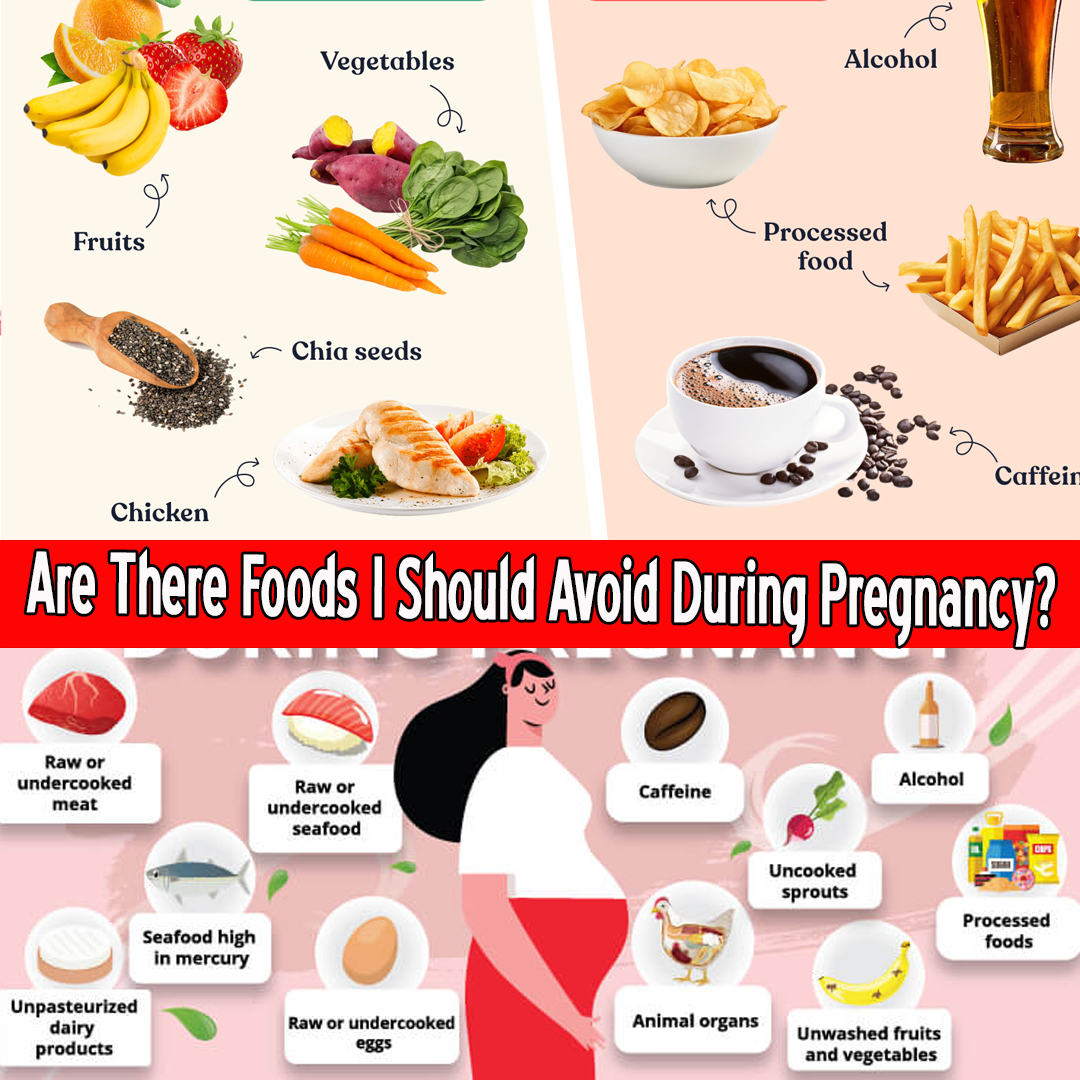
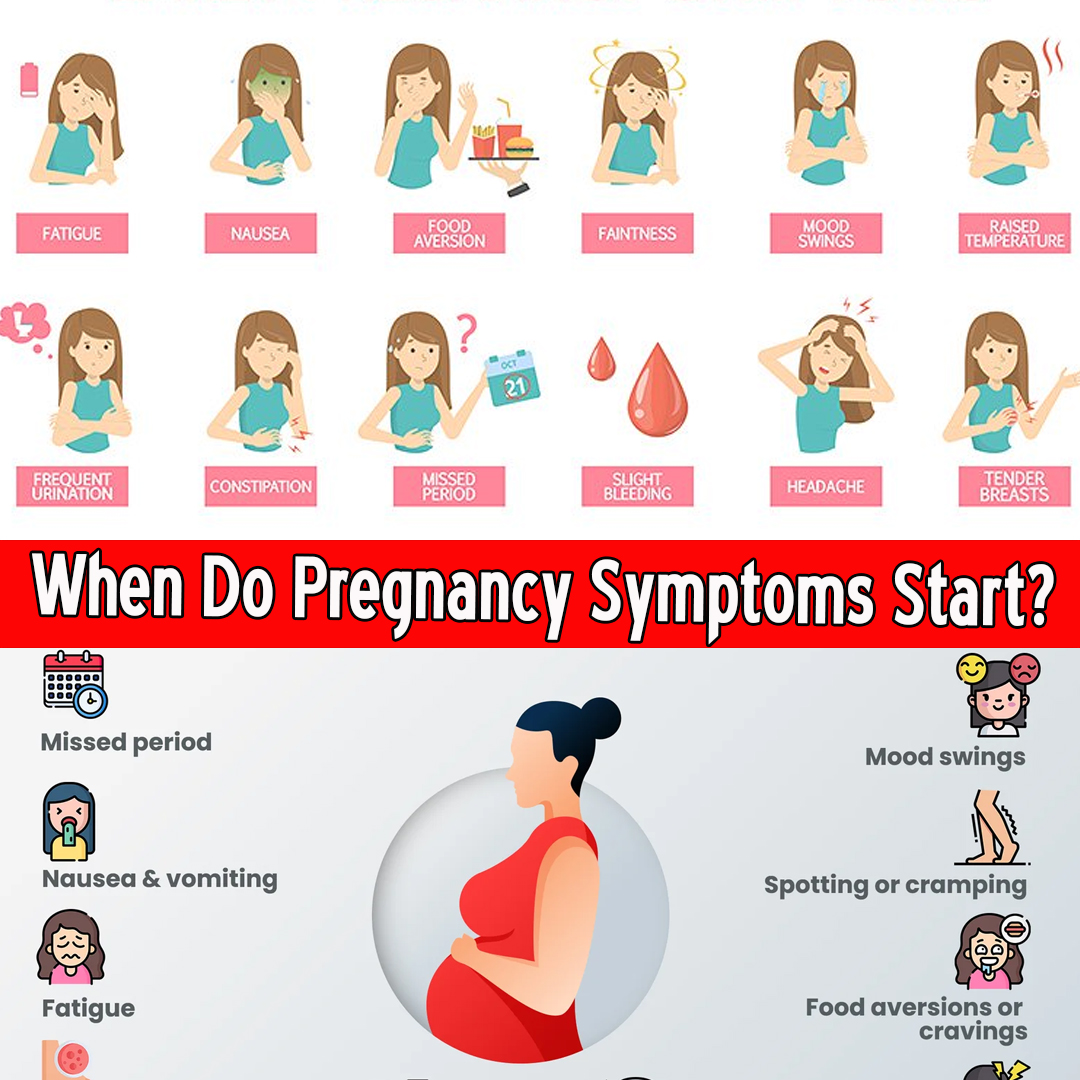
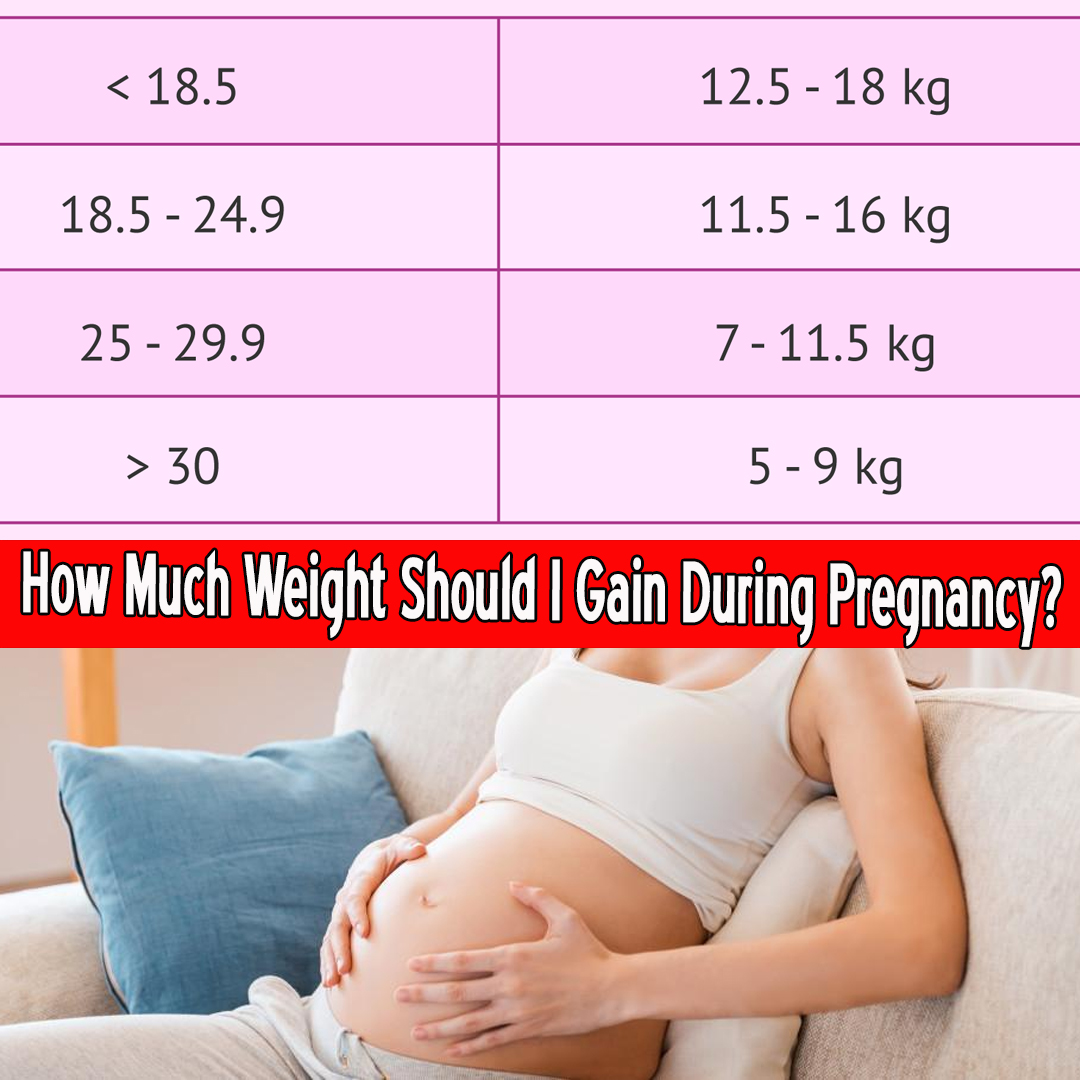



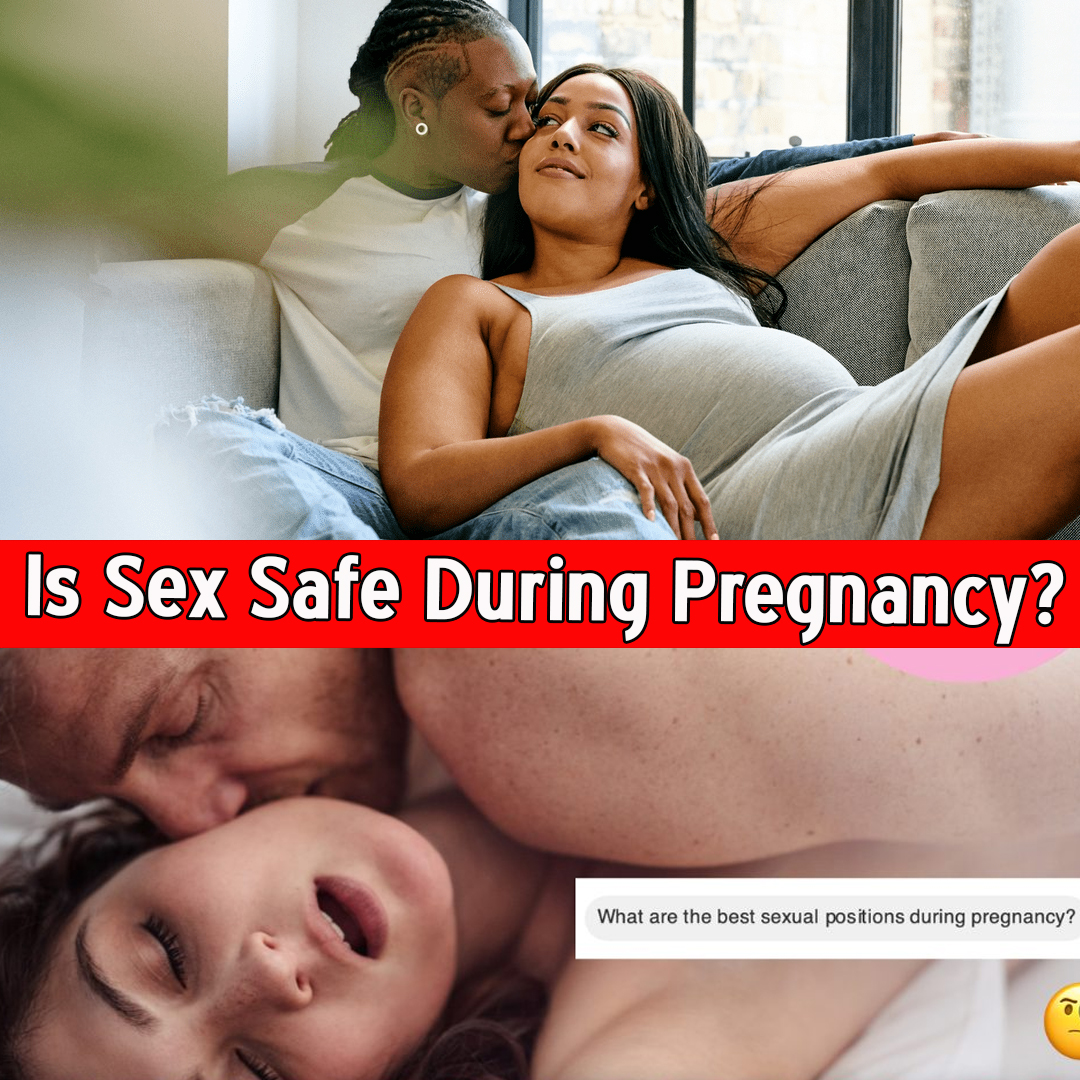
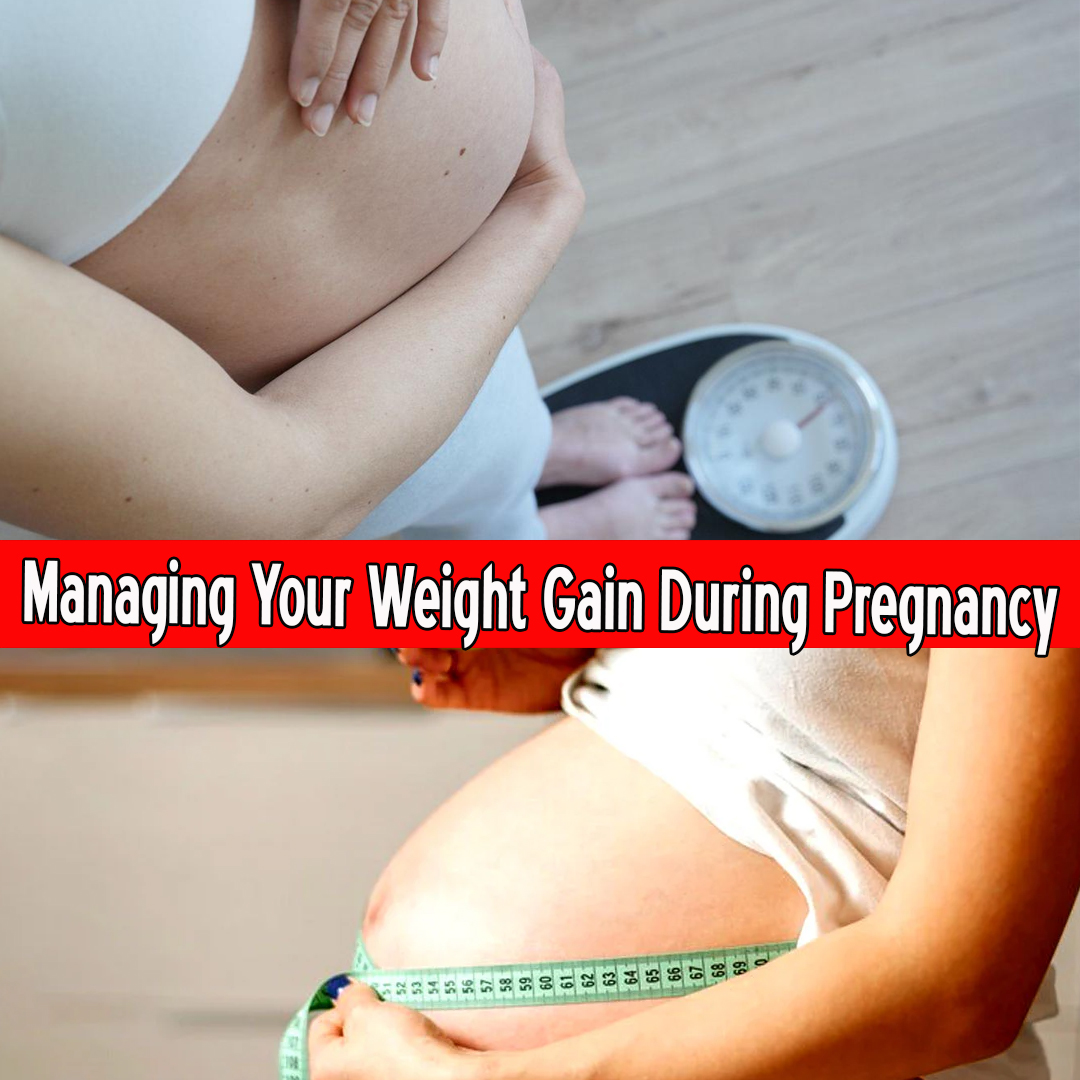






Leave a Reply